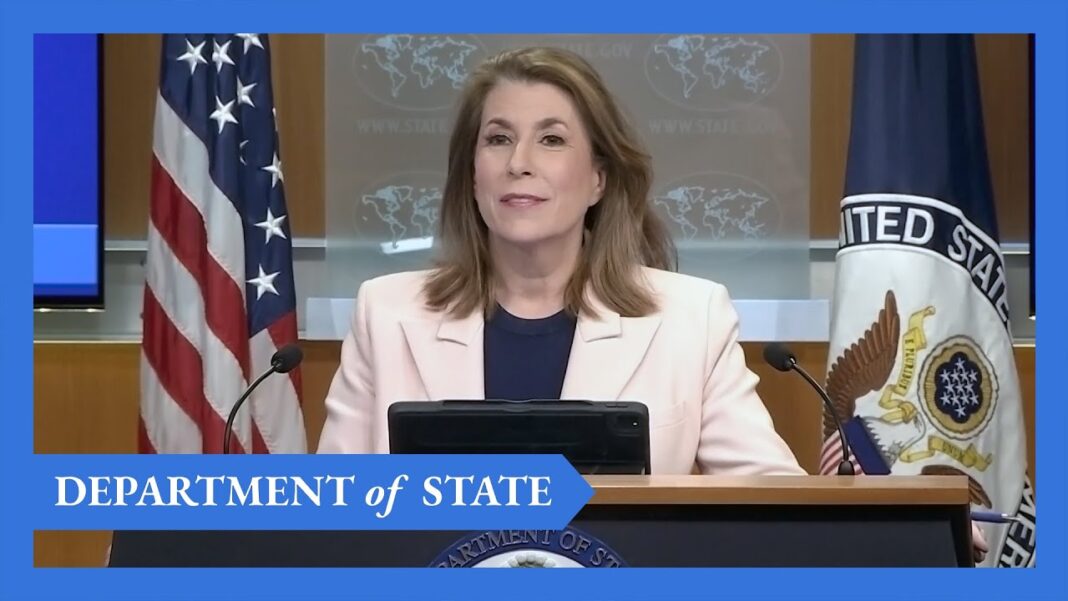The court says the deportation policy bypasses established protections under U.S. law and the Convention Against Torture.
A federal judge in Massachusetts has barred the Trump administration from implementing a new policy of rapidly deporting illegal immigrants with final removal orders to new countries without first giving such individuals a chance to raise claims that, if sent there, they would face persecution, torture, or death.
In a 48-page ruling issued on April 18, U.S. District Judge Brian Murphy granted class certification and partially granted a preliminary injunction in a case that centers on whether the United States can send someone to a country other than their country of origin without first informing them—and without offering an opportunity for them to explain why such a transfer might place their life at risk.
The injunction was sought by four plaintiffs who accused the Department of Homeland Security (DHS) of adopting a policy of re-detaining individuals with final removal orders and deporting them to so-called “third countries”—nations not identified during their original immigration proceedings—without advance notice or a meaningful chance to seek protection under U.S. law. The plaintiffs—illegal immigrants from Cuba, Honduras, Ecuador, and Guatemala—were all previously granted protection from removal to their home countries based on risks of persecution or torture.
Murphy found that the plaintiffs were likely to prevail on their claim that the policy violates the Fifth Amendment’s guarantee of due process, as well as statutory and regulatory protections implementing the Convention Against Torture. The Constitution, he wrote, requires “a small modicum of process” before the government sends someone to a place where they risk being tortured or killed.
“This small modicum of process is mandated by the Constitution of the United States, and for this reason, the motion for class certification is granted, and the motion for preliminary injunction is granted in part,” the judge wrote.
The ruling builds on a temporary restraining order issued by the same court on March 28 and upheld by the First Circuit Court of Appeals earlier this month. In that order, Murphy concluded that DHS must notify individuals in writing of a third-country removal and give them an opportunity to assert fear-based protection claims—before placing them on a deportation flight.
The four plaintiffs argue that a Feb. 18 directive and March 30 guidance issued by DHS encouraged U.S. Immigration and Customs Enforcement (ICE) officers to pursue third-country removals without individualized risk assessments, instead relying on general diplomatic assurances from foreign governments that deportees will not be harmed.
By Tom Ozimek








